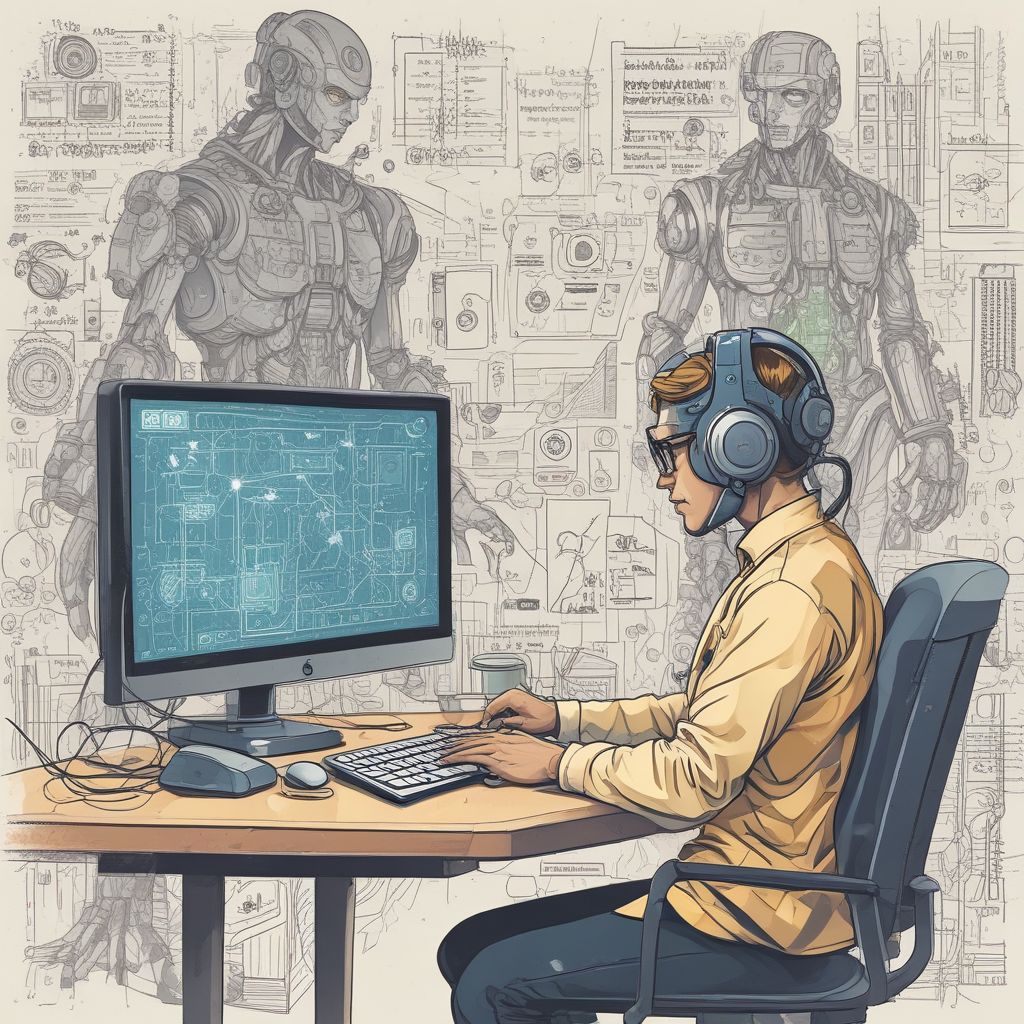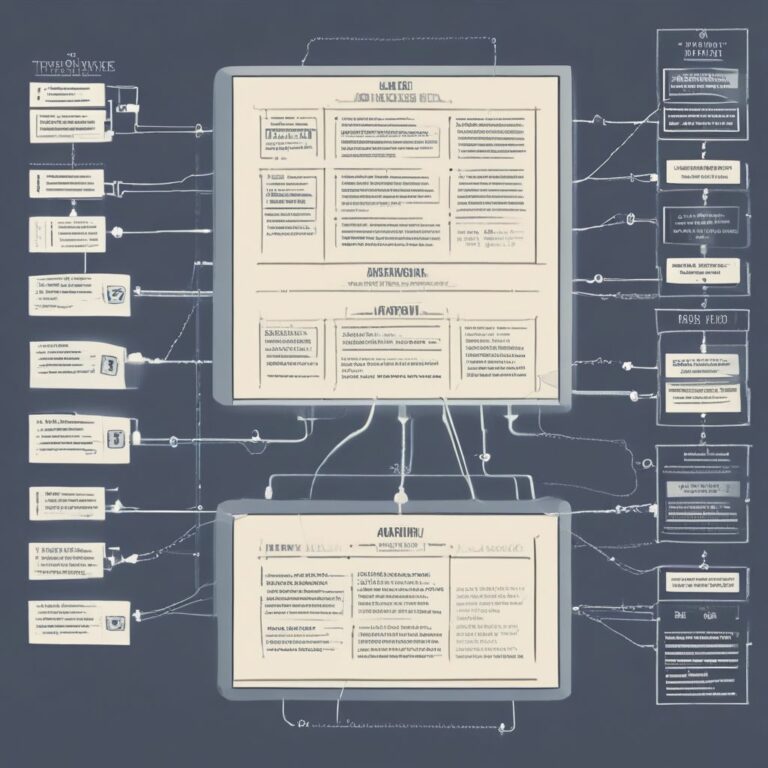
The Evolution of Debugging in Software Development
Debugging has long been a cornerstone of software development, yet it remains one of the most time-consuming and error-prone tasks. Traditional methods relied on manual inspection, print statements, and static analysis tools, which often provided limited insights. However, the emergence of open source AI assistants is reshaping this landscape, offering developers instant, context-aware debugging suggestions directly within their coding environments. These tools leverage machine learning models trained on vast repositories of code to identify patterns, predict errors, and propose fixes in real-time. By integrating AI into the development workflow, teams are not only accelerating problem-solving but also reducing the cognitive load associated with debugging. This shift marks a significant leap forward in how developers interact with code, transforming debugging from a reactive process into a proactive, intelligent collaboration between humans and machines.
The Rise of Community-Driven AI Assistants
Open source AI assistants are gaining traction due to their accessibility, flexibility, and the collaborative nature of their development. Unlike proprietary tools, these assistants are built and maintained by global communities of developers, ensuring they evolve rapidly to address emerging challenges. Platforms like GitHub Copilot, Codeium, and the newly developed CodeFlow exemplify this trend, offering real-time code analysis that adapts to individual coding styles and project requirements. The open source model allows for continuous improvement through contributions from diverse experts, making these tools highly customizable and inclusive.
Key Features of Open Source AI Assistants
– **Real-Time Debugging Suggestions**: AI assistants analyze code as it is written, flagging potential issues before they escalate.
– **Context-Aware Analysis**: They consider the broader codebase, dependencies, and project goals to provide relevant fixes.
– **Integration with IDEs and Editors**: Tools like VS Code, IntelliJ, and Neovim now support plugins that embed AI capabilities seamlessly.
– **Collaborative Learning**: Community contributions refine the AI’s understanding of best practices and common pitfalls.
Real-Time Code Analysis: A Game Changer for Developers
Real-time code analysis is revolutionizing how developers approach debugging. Instead of waiting for a build to fail or a test to run, these AI assistants detect anomalies instantly. For example, if a developer writes a function that inadvertently modifies a global variable, the assistant might highlight the issue and suggest encapsulating the variable within a local scope. Similarly, when a syntax error occurs, the tool can automatically propose corrections, saving hours of manual troubleshooting.
How Real-Time Analysis Works
1. **Code Parsing**: The AI continuously scans the code as it is written, breaking it down into components.
2. **Pattern Recognition**: It identifies common bugs, such as off-by-one errors or memory leaks, by comparing the code to known patterns.
3. **Contextual Understanding**: The tool examines the surrounding code, project structure, and even documentation to provide targeted solutions.
4. **Suggestion Generation**: Based on its analysis, the AI offers fixes, optimizations, or alternative approaches.
The Power of Context-Aware Debugging
Context-aware debugging is a critical advancement enabled by AI. Traditional tools often lack the ability to understand the “why” behind a piece of code, leading to generic or irrelevant suggestions. Open source AI assistants, however, are designed to grasp the nuances of a project. For instance, if a developer is working on a React application, the assistant might prioritize detecting JSX syntax issues or improper state management. In contrast, for a backend service using Python, it could focus on type mismatches or asynchronous handling errors.
Examples of Contextual Debugging
– **Variable Scope Conflicts**: The AI identifies when a variable is redefined in a nested scope, suggesting renaming or restructuring.
– **API Usage Errors**: If a developer uses a deprecated API, the assistant cross-references documentation to recommend an updated alternative.
– **Performance Bottlenecks**: It flags inefficient loops or redundant computations, proposing optimized algorithms.
– **Security Vulnerabilities**: The tool detects potential issues like SQL injection or insecure data handling, offering secure coding practices.
Enhancing Productivity Through Collaboration
The integration of AI assistants into open source workflows fosters a culture of collaboration. Developers can share insights, report false positives, and contribute to training datasets that improve the tool’s accuracy. This collective effort ensures that the AI adapts to the latest coding standards and frameworks. For example, when a new version of a popular library is released, the community can update the AI’s knowledge base to recognize changes in its API, preventing compatibility issues.
Benefits of Community Involvement
– **Rapid Updates**: Bugs and feature requests are addressed quickly through open contributions.
– **Diverse Perspectives**: Developers from different backgrounds refine the AI’s ability to handle varied coding styles.
– **Transparency**: Open source models allow users to audit the AI’s decision-making process, ensuring trust and reliability.
Challenges and Considerations in AI-Driven Debugging
While open



